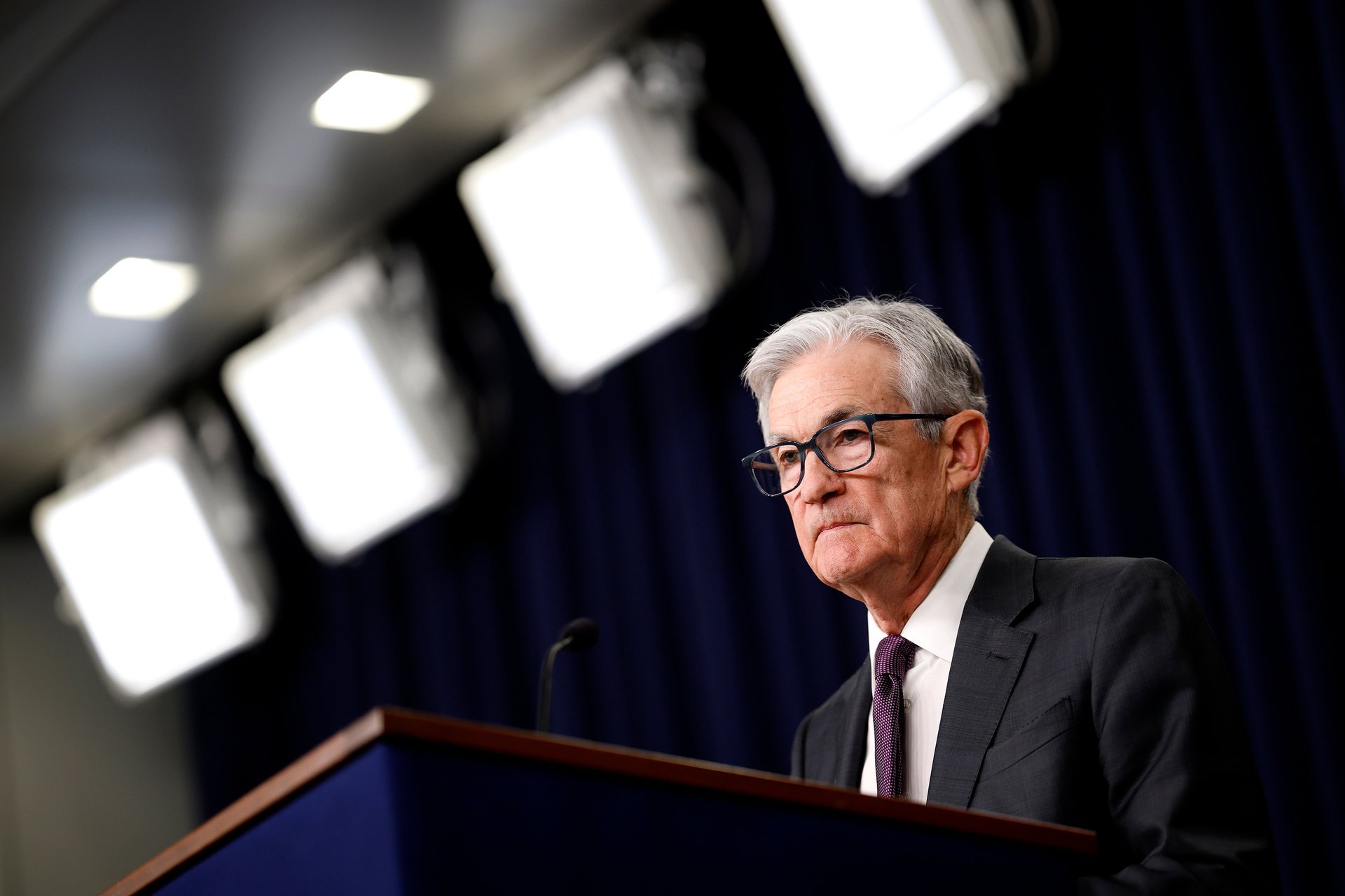Trump's new tariffs put the Federal Reserve on the spot over interest rates — with stagflation looming
The trade war is likely to both depress the economy and boost inflation, requiring different responses from the central bank

President Donald Trump’s new tariffs create a dilemma for the Federal Reserve because they’re likely to both increase inflation and slow economic growth — and possibly lead to stagflation.
Suggested Reading
Economists are split between those who expect policymakers to focus on prices and therefore keep interest rates on hold for an extended period, and those who see the central bank prioritizing full employment and starting to cut borrowing costs.
Related Content
Citi (C) falls into the latter camp. “Officials will view an increase in inflation due to tariffs as a one-time increase in the price level that can be looked through,” the bank’s economists wrote in a note to clients. “That would leave Fed officials free to respond to softer growth conditions.” It expects 125 basis points of cuts this year, starting as soon as May.
William Raveis Mortgage Regional VP Melissa Cohn also expects a cut if the economy takes a turn for the worse, but she expects policymakers to wait for the next two months of data and cut no earlier than June, according to an email sent to the media.
Jefferies (JEF) takes the opposite viewpoint, saying Chair Jerome Powell and his board will be “leaning more towards hiking than anything else.”
“Our textbooks tell us that tariffs are inflationary if the currency market does not adjust to offset,” the bank’s W. Brad Bectel wrote in his Micro Minute note. “The USD dropping 2% amid the addition of tariffs around the world on U.S. imported goods, is very inflationary.”
Powell said after the March FOMC meeting — at which the central bank left rates on hold — that some faster inflation was “clearly” coming from tariffs, but it’s very difficult to determine how much. The net effect of the Trump administration’s changes to trade, immigration, fiscal policy and regulation is what “will matter for the economy,” and that remains unknown.
“We’re not in any hurry to ease,” he said at the time, adding that policy wasn’t on a pre-set course.
The Fed won’t be able to help the economy with a rate cut if inflation remains well above its 2% target, Yardeni Research said, projecting that PCED inflation will accelerate to 3% to 4% over the rest of this year. The firm expects up to a year of stagflation from the tariffs.
“The economy won’t get a boost this summer from fiscal policy if the Republicans manage only to extend the 2017 tax cuts already in place,” Yardeni wrote. “If they fail to do so, the result would be a tax increase, which could cause a recession.”